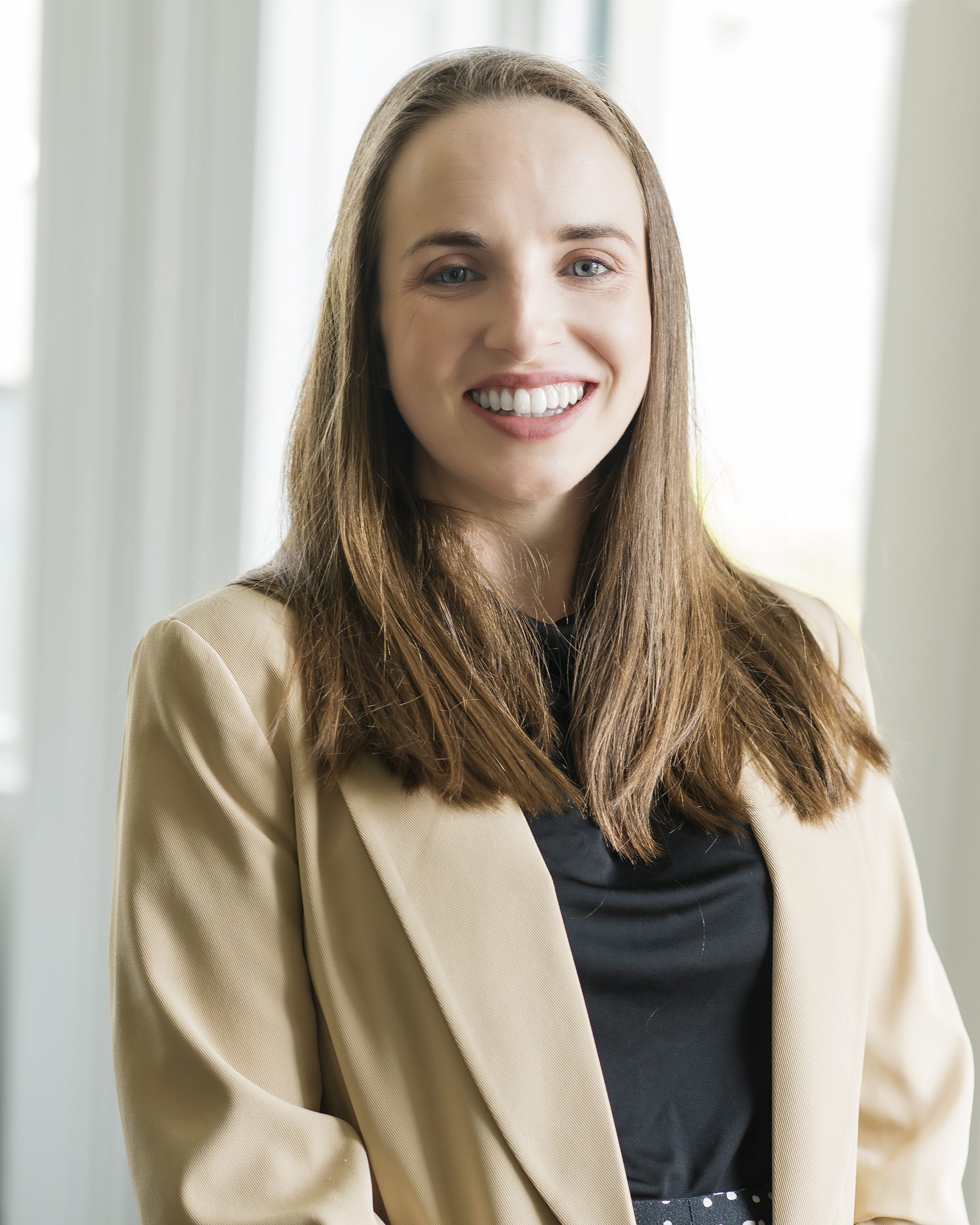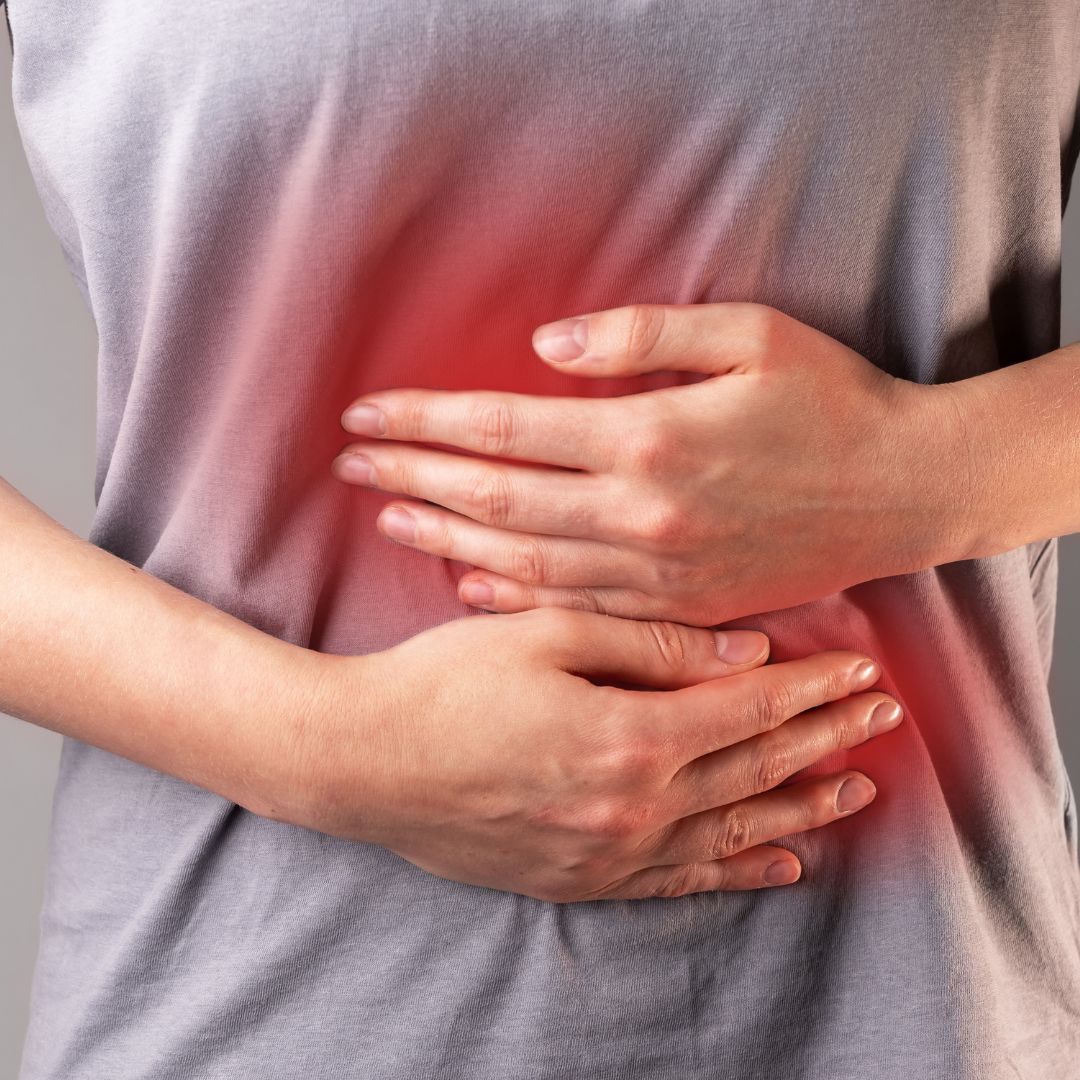May 19th unites people worldwide in their fight against Crohn’s and ulcerative colitis, known as Inflammatory Bowel Diseases.
As part of her Boston Scientific Newman Fellowship, Dr Anne Fennessy is taking on an innovative project to help patients diagnosed with IBD who are suffering from fatigue, both during and after their treatment.
She said: “We’ve got about 5,000 patients with Inflammatory Bowel Disease that attend our service, a huge number.
“One problem that’s actually not really treated very well from a medical perspective is fatigue.
“A lot of them get really bad fatigue as part of their disease course. Different studies estimate how much: even in people whose inflammatory bowel disease is well controlled, about 50 per cent of those can suffer from fatigue.
“A higher proportion of patients will complain of fatigue when the disease is active as well.
“So it’s a big problem and it’s not as straightforward in some circumstances as treating the inflammation.”
The complex and possibly life-changing research aims to treat this fatigue in a number of ways.
Anne said: “Our study is looking at the fatigue in more detail to see what’s impacting that.
“We want to see in our own population – first of all how prevalent fatigue is, how many of our patients are really suffering from fatigue. Is it more or less than international studies suggest?
“Of the ones that have fatigue, obviously we want to try and help them, so we have a few different kinds of treatment pathways that we’re going to trial with them.
“What we’re going to look at is sleep quality, psychological health, their microbiome [gut bacteria] and also look at their physical activity.”
The Newman Fellowship Programme at UCD has given Anne the resources she needs to help trial treatment for these patients.
She explained: “We’ll have four different interventional arms to the study to treat these different problems and see if that helps with the fatigue.
“What we’re going to do is give patients the option to rotate through the different studies if they want to.
“It’s an ambitious study. It’s four different treatment arms.
“It’s great doing it as part of the UCD community because we have good ties with the School of Psychology so they’re helping us with the psychological arm of things.
“We have made connections with UCD Sports Medicine as well, so they’re involved in the exercise arm.
“With regard to the sleep quality, the sleep clinic in St Vincent’s, which is also UCD affiliated, is getting involved in that.
“It’s a nice way of meeting people in UCD.”
For IBD Day, Anne points out that it is important to be mindful of those who may not look as though they are suffering with what can often be debilitating symptoms.
She said: “Inflammatory Bowel Disease can be such a tricky disease to have.
“Patients are being diagnosed in their teenage years, in their 20s, 30s, and their symptoms include things like really bad diarrhoea and faecal incontinence.
“They get bloody stools. It’s awful when they’re flaring and there’s lots of things we can do to help them.
“For all intents and purposes, they look healthy. If you’ve got a broken leg, you’re on crutches and people can see that you’ve got something wrong.
“Whereas the person [suffering from IBD] looks really well and healthy and they’re just feeling terrible.”


